Why the French are taking to the streets
France is protesting after the police-involved death of a teenager

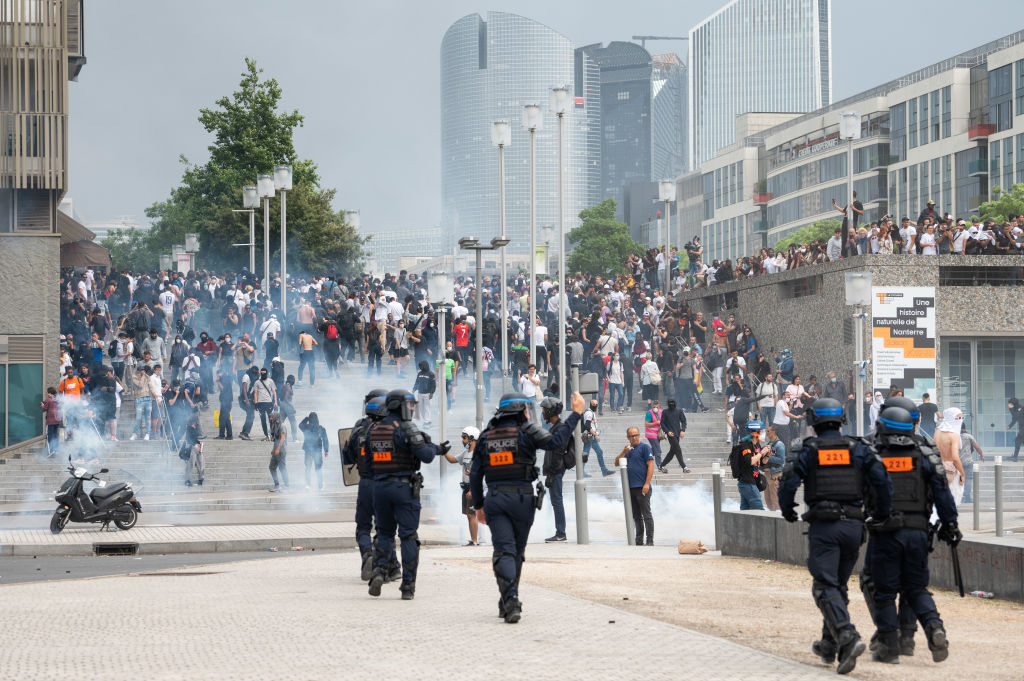
A free daily email with the biggest news stories of the day – and the best features from TheWeek.com
You are now subscribed
Your newsletter sign-up was successful
France has become embroiled in protests this past week, ever since the police-involved shooting death of a 17-year-old in a Paris suburb. The death, which occurred in a country where gun violence is fairly rare, has sparked anger across France over the use of deadly police force.
What sparked the protests?
The anger was spurred by the death of Nahel Merzouk, a French-Alegerian who was shot and killed by police during a traffic stop in the town of Nanterre on June 27. Video of the incident shows two police officers standing by the driver's side window of Merzouk's vehicle, one of them holding Merzouk at gunpoint. The youth then appears to start driving away, at which point a gunshot can be heard as the officer discharges his weapon into the car.
It's unclear what precipitated the traffic stop. The policeman who fired his weapon allegedly did so because he was afraid "the dangerous road behavior of the driver" could result in "someone being hit by the vehicle" as it drove off, Nanterre prosecutor Pascal Prache said during a press conference.
The Week
Escape your echo chamber. Get the facts behind the news, plus analysis from multiple perspectives.

Sign up for The Week's Free Newsletters
From our morning news briefing to a weekly Good News Newsletter, get the best of The Week delivered directly to your inbox.
From our morning news briefing to a weekly Good News Newsletter, get the best of The Week delivered directly to your inbox.
The officer who shot Merzouk is currently being investigated, with Prache noting that he believed the officer's actions were illegal. The unnamed officer is "currently facing a formal investigation for voluntary homicide and has been placed in preliminary detention," CNN reported.
What has happened since Merzouk's death?
Following the incident, riots broke out across major French cities, "Bringing violence, fires and hundreds of arrests," NPR reported. The outlet noted that the death of Merzouk "sparked widespread unrest over the police use of force, particularly against minorities," much in the way that the 2020 killing of George Floyd in Minneapolis lit a powder keg of protests across the United States.
For the first few days of the protests, angry rioters "torched cars, looted shops, damaged infrastructure and clashed with police," The Guardian noted, as cries of justice for Merzouk rang out across France. The scale of the damage is widespread, with "more than 5,000 vehicles burned, 1,000 buildings damaged or looted, 250 police stations or gendarmeries attacked, [and] more than 700 officers injured," The New York Times reported. At least 3,400 people have been arrested since the protests began, according to French law enforcement. Prosecutors are urging "prison sentences for people charged with physical assault or serious vandalism," the Times reported.
In one serious incident, protesters rammed a burning car into the home of Vincent Jeanbrun, the mayor of Parisian suburb L'Haÿ-les-Roses. As Jeanbrun's "wife and children took flight through the backyard, they were targeted with fireworks," Reuters reported. Jeanbrun's wife broke her leg in the incident, officials said.
A free daily email with the biggest news stories of the day – and the best features from TheWeek.com
While the initial protests were violent, the carnage has calmed down in recent days as tensions begin to cool. This happened in part after Merzouk's grandmother pleaded for the protesters to stop damaging things, telling a CNN affiliate that they "should not damage the schools, not break the buses; it was the moms who take the buses." She added that the protesters should stop using her grandson's death as an excuse to destroy property.
What's next?
While the protests have centered around Merzouk's death, many are trying to "seize this moment as an opportunity to open a wider debate about what they see as systemic police abuse, particularly in the working-class suburbs," freelance journalist Rebecca Rosman told NPR. She noted that France suffers from "complaints of police brutality and discrimination in these areas, especially against lower-income households and racial minorities. Last year, there were 13 people killed after being stopped for traffic violations."
While France is working to recover from the physical damage, questions remain "around police brutality and the treatment of racial minorities into a broader, violent rejection of French institutions," Politico reported. Although French President Emmanuel Macron has described Merzouk's death as "inexcusable," he has also called the riots an "unacceptable manipulation of a death of a teenager." Macron met with French mayors whose cities were damaged by the riots, saying, "We all want a lasting, republican order. That's the absolute priority." Officials from Macron's office added that the president wanted to "start the painstaking long-term work needed to understand the deeper reasons that led to these events," though no details were provided.
Justin Klawans has worked as a staff writer at The Week since 2022. He began his career covering local news before joining Newsweek as a breaking news reporter, where he wrote about politics, national and global affairs, business, crime, sports, film, television and other news. Justin has also freelanced for outlets including Collider and United Press International.
-
 The ‘ravenous’ demand for Cornish minerals
The ‘ravenous’ demand for Cornish mineralsUnder the Radar Growing need for critical minerals to power tech has intensified ‘appetite’ for lithium, which could be a ‘huge boon’ for local economy
-
 Why are election experts taking Trump’s midterm threats seriously?
Why are election experts taking Trump’s midterm threats seriously?IN THE SPOTLIGHT As the president muses about polling place deployments and a centralized electoral system aimed at one-party control, lawmakers are taking this administration at its word
-
 ‘Restaurateurs have become millionaires’
‘Restaurateurs have become millionaires’Instant Opinion Opinion, comment and editorials of the day
-
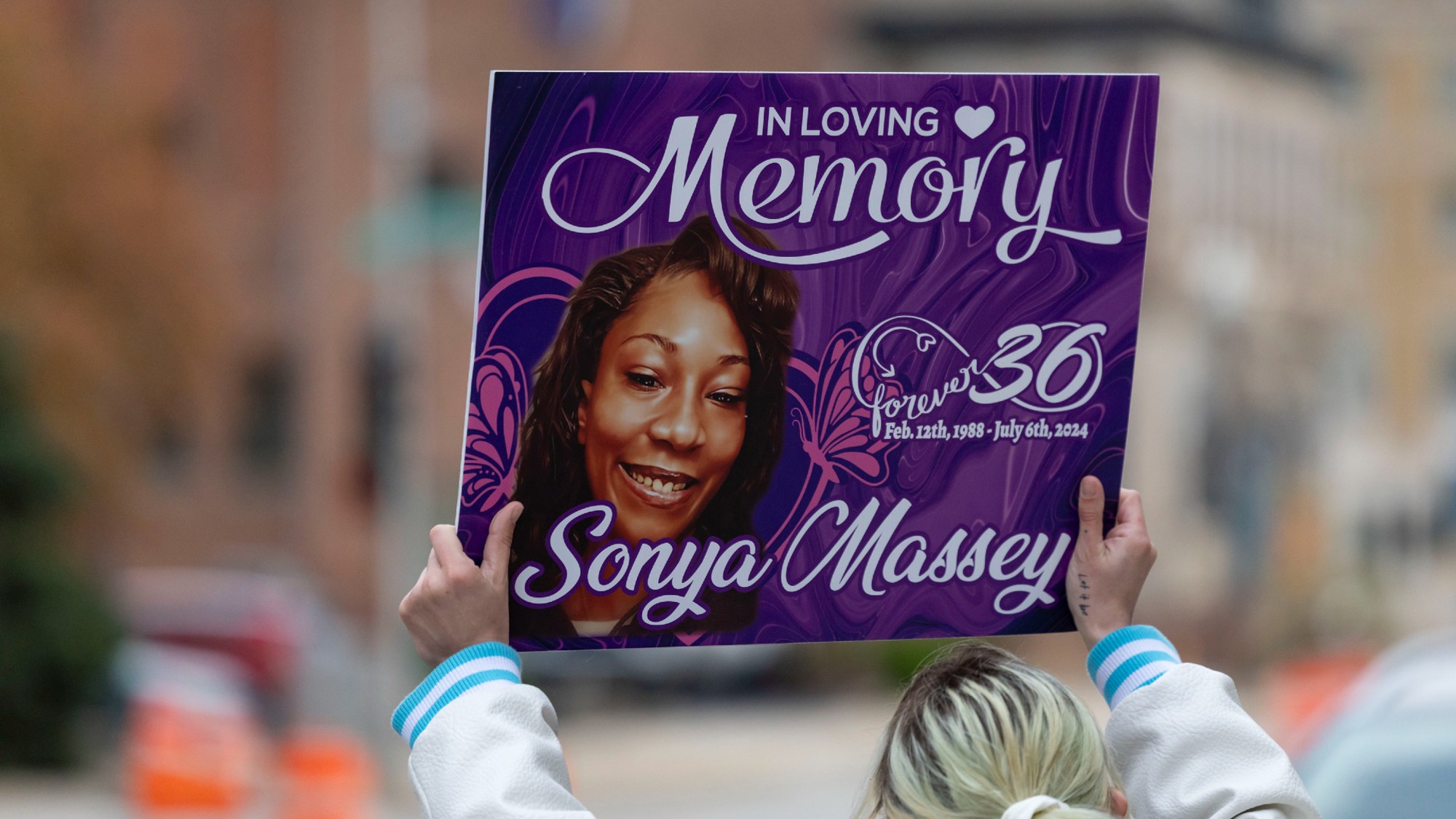 Ex-Illinois deputy gets 20 years for Massey murder
Ex-Illinois deputy gets 20 years for Massey murderSpeed Read Sean Grayson was sentenced for the 2024 killing of Sonya Massey
-
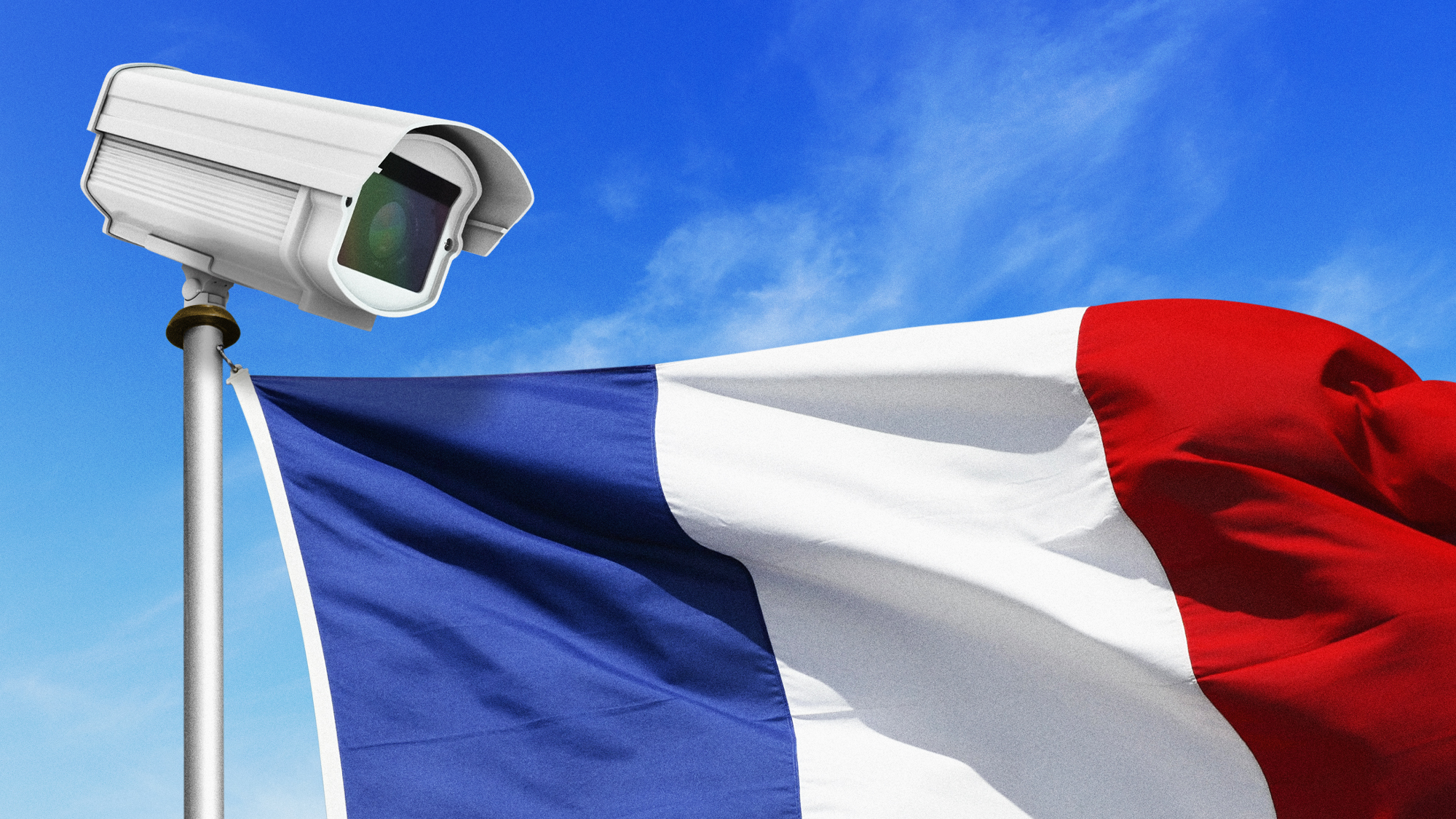 Ten years after Bataclan: how has France changed?
Ten years after Bataclan: how has France changed?Today's Big Question ‘Act of war’ by Islamist terrorists was a ‘shockingly direct challenge’ to Western morality
-
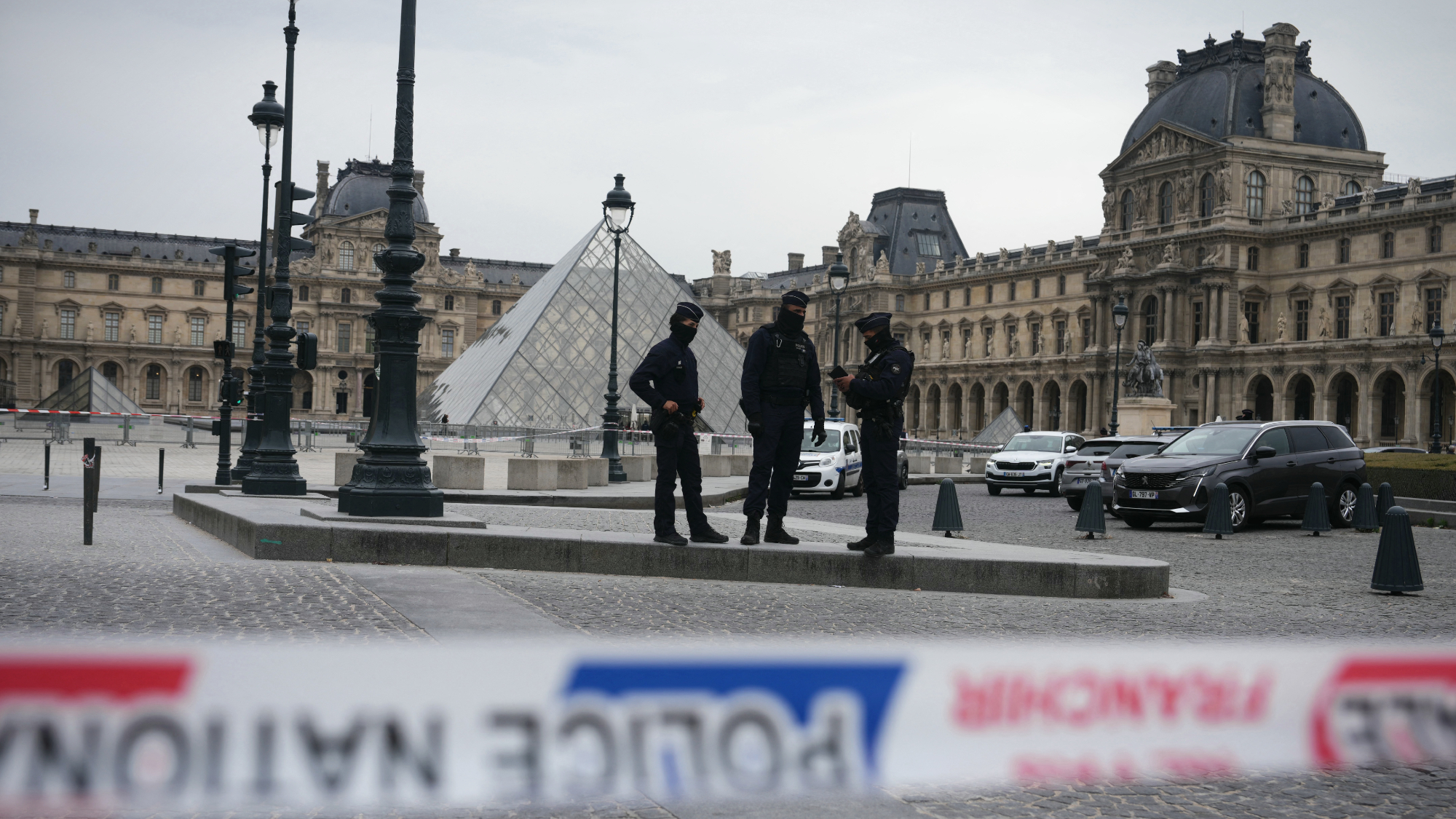 France makes first arrests in Louvre jewels heist
France makes first arrests in Louvre jewels heistSpeed Read Two suspects were arrested in connection with the daytime theft of royal jewels from the museum
-
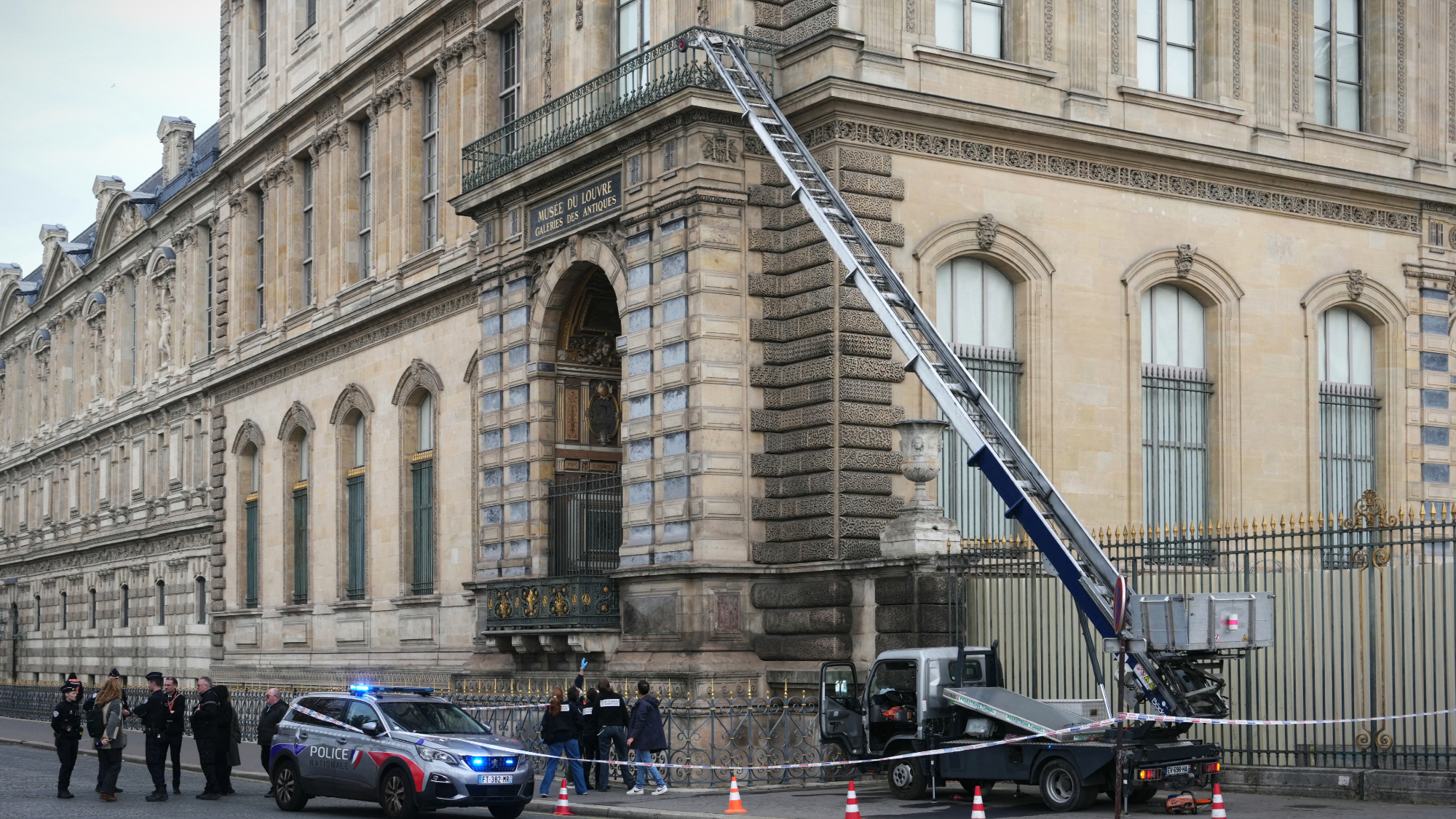 Thieves nab French crown jewels from Louvre
Thieves nab French crown jewels from LouvreSpeed Read A gang of thieves stole 19th century royal jewels from the Paris museum’s Galerie d’Apollon
-
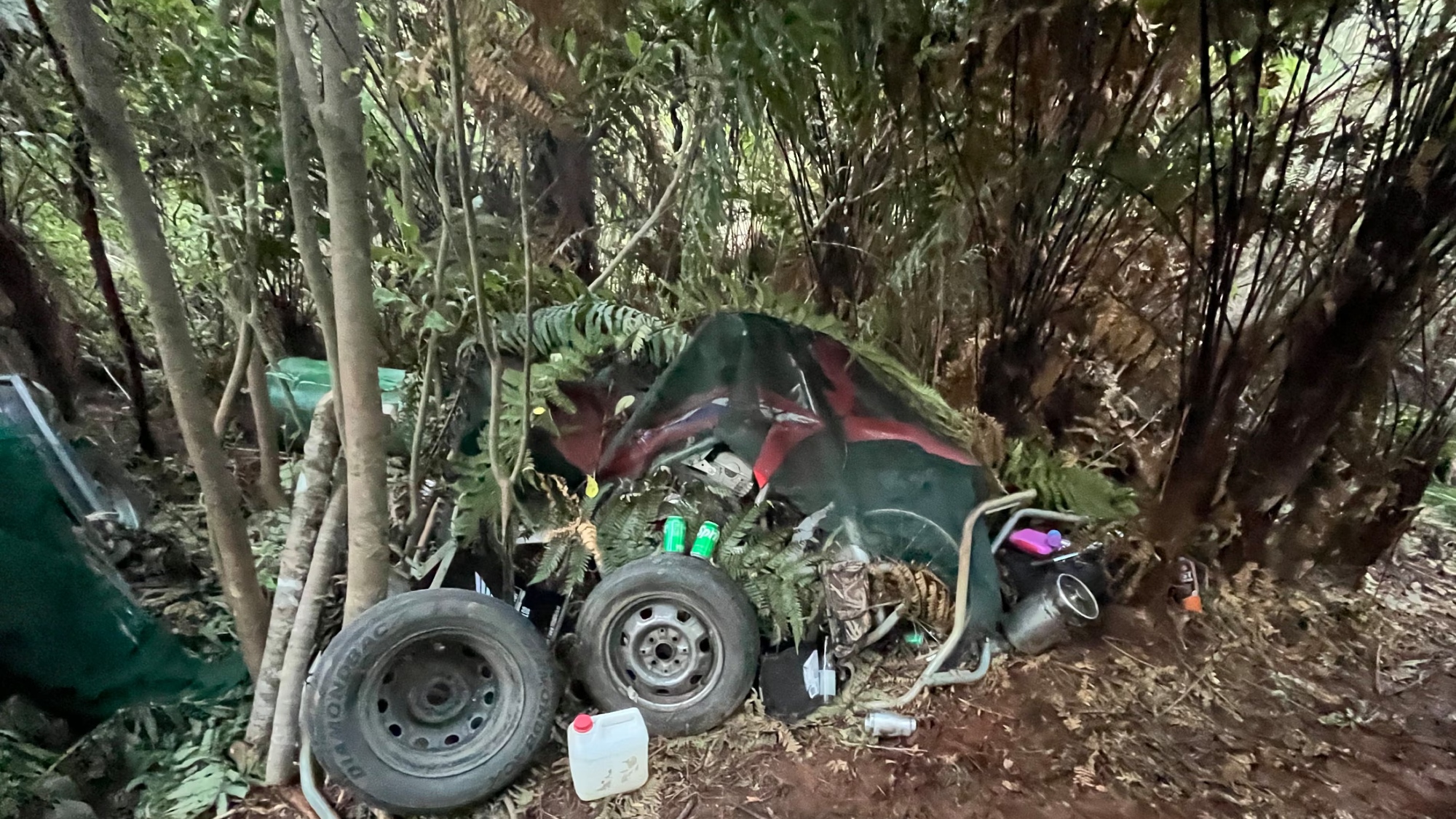 Tom Phillips: the manhunt for forest fugitive and his abducted children
Tom Phillips: the manhunt for forest fugitive and his abducted childrenIn the Spotlight Three children recovered safely after four-year manhunt ends in police shootout
-
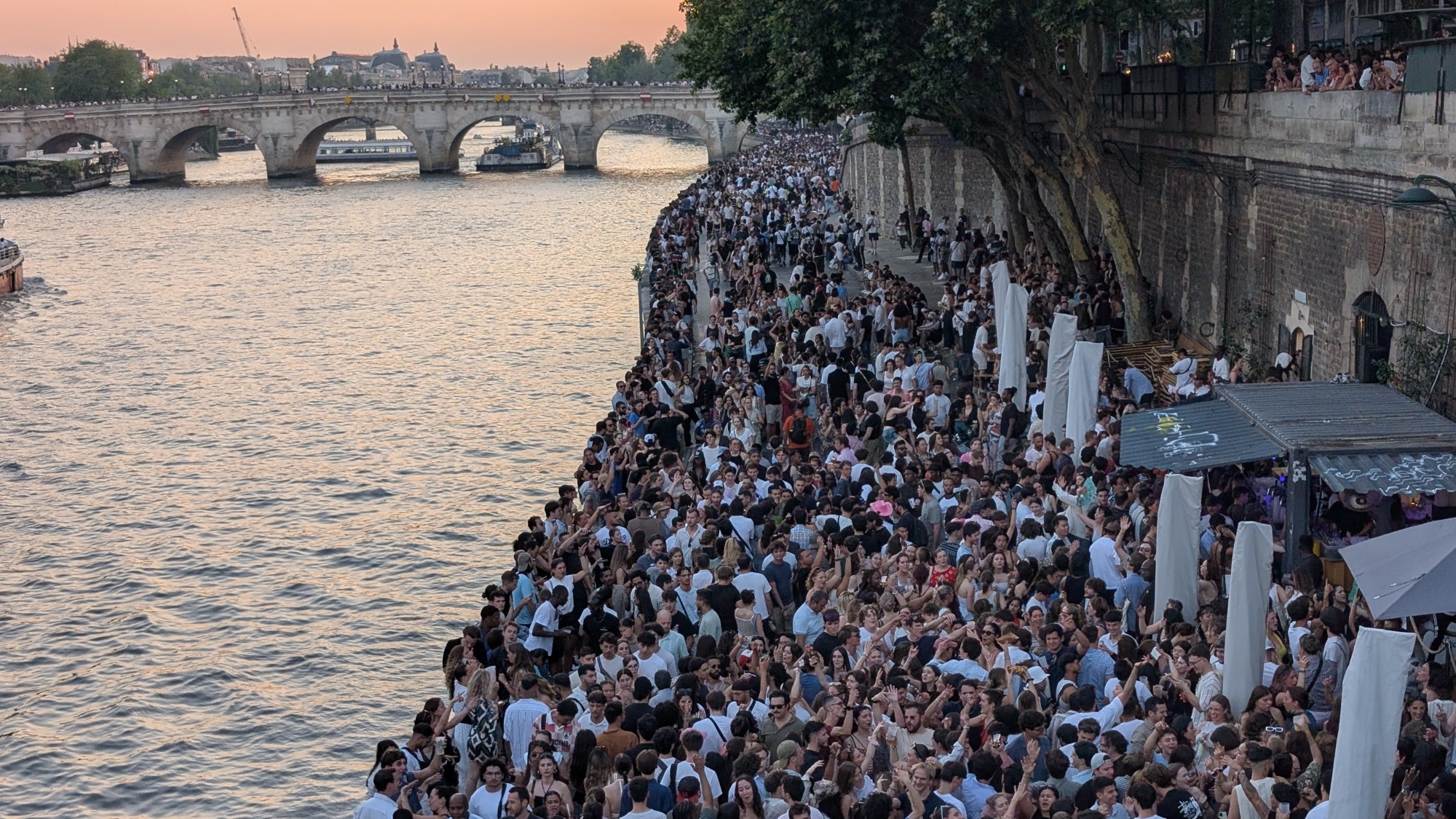 The mystery of France's 'needle attacks' on women
The mystery of France's 'needle attacks' on womenIn the Spotlight Nearly 150 women reported being spiked with needles at France's open-air music festival
-
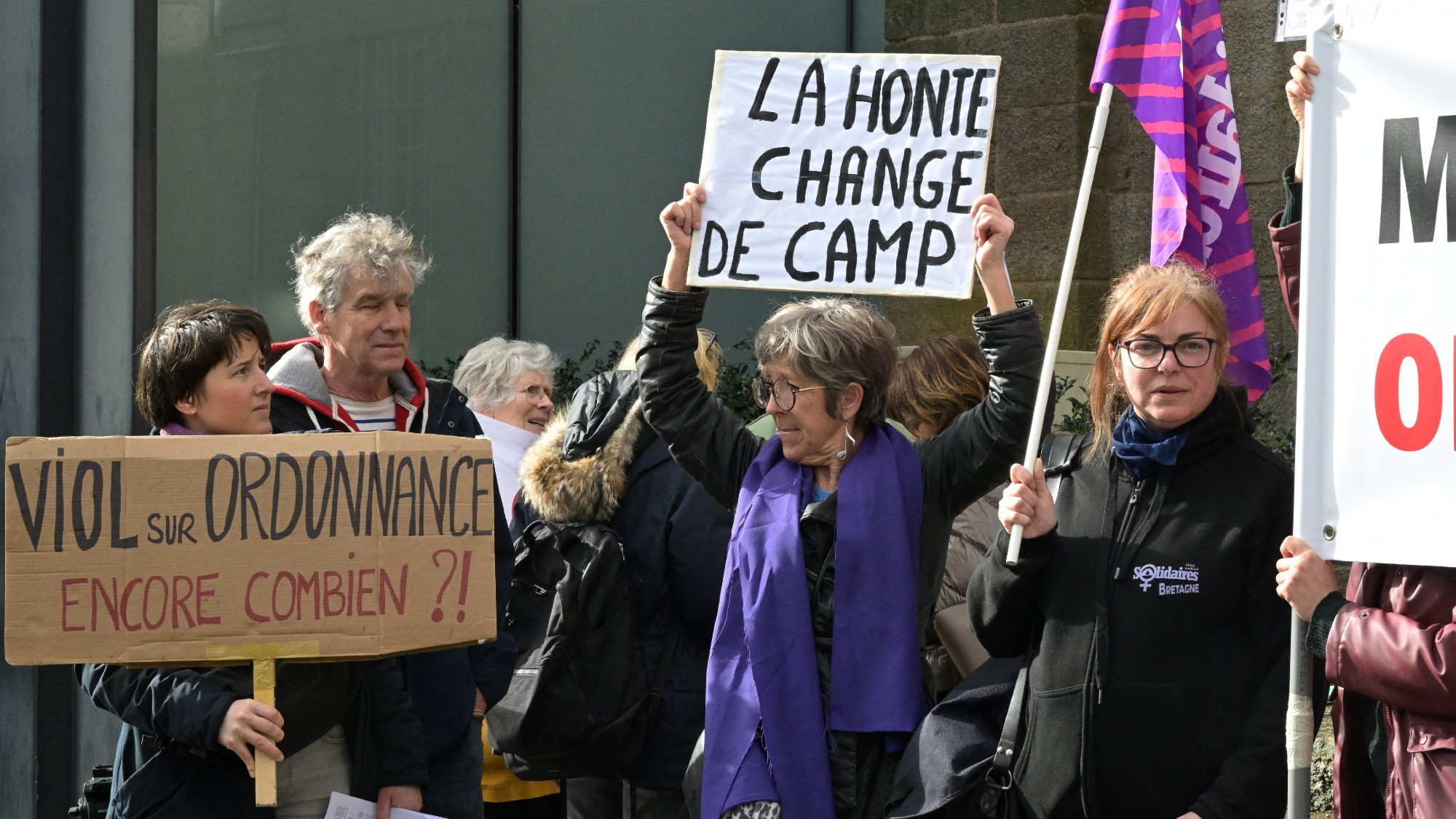 France's 'reckoning' over largest-ever child sex abuse trial
France's 'reckoning' over largest-ever child sex abuse trialThe Explainer Joël Le Scouarnec case is latest in a series of high-profile scandals to have prompted 'deep soul searching'
-
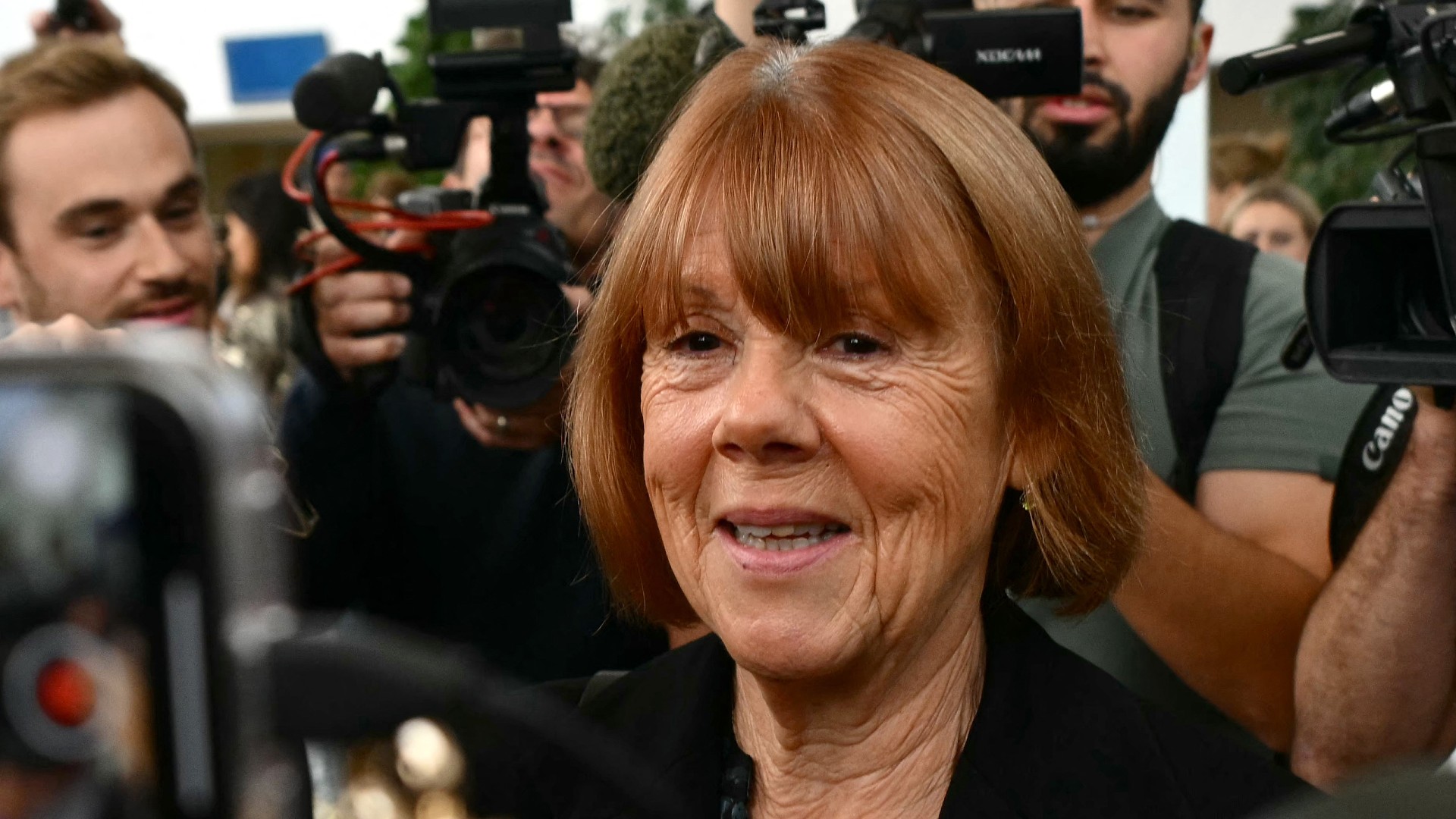 Gisèle Pelicot: the case that horrified France
Gisèle Pelicot: the case that horrified FranceThe Explainer Survivor has been praised for demanding a public trial of the dozens of men accused of raping her
